
|
|
|
|
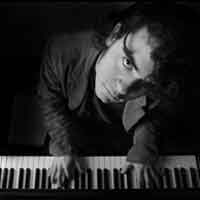 Robert LaSalle
Robert LaSalleA teenage musician records a beautiful and
haunting album in his bedroom. Two local producers hear the record and
are blown away. The production team helps the young gun flesh out a new
song. This new song sounds bigger and better. A music industry insider gets
the song on a high-profile compilation disk. This is a record issued to
Grammy Association members -people with power. Endless possibilities fill
the air. Then the deal falls through, dead on the vine. Robert LaSalle takes
it all with a poise that belies his age. He's a quiet and humble guy with
Beatles for brains and Beethoven in his fingers. He's a 19-year-old magic
music weirdo. LaSalle's music fits nicely next to the revered art-rock of
Radiohead. A year ago, LaSalle brought in his self-produced record, "Fridge
Buzzing," to Smith to be mastered. The music perked up the studio owner's
ears and he passed it on to Anderson. He cues up a new song,
"Far Too Close," on Sound
Cell's colossal studio monitors. Piano flourishes float in thick echo around
slippery bass. LaSalle's voice lilts in falsetto mystery. Then comes a
bridge that would make Paul McCartney smile. The second tune we hear is
"Things," an atmospheric amalgam of futuristic
folk and retro synthesizer. While Anderson and Smith still occasionally
suggest arrangement or production ideas, the songwriting is purely LaSalle.
LaSalle seems grateful to be working with accomplished tunesmiths. However,
there are more songs to be sung before these sessions result in Robert
LaSalle's second record. The artist remains undaunted. (Excerpts
taken from Huntsville Times article by MATT WAKE) Robert was added to a compilation of new artists, promoted by Memorex and EMEG.Inc and given away to the 2005 Grammy Association members. Click here for more info. For Booking info contact Nick@soundcell.com or call 615-995-2924. www.myspace.com/robertlasalle
Producer David Anderson brought Lacey to Sound Cell as a demo artist on a song he and Doug wrote entitled "Float". Lacey's performance was inspiring and she became a frequent demo singer for the songwriters. Each demo brought them closer to what ultimately became the masters for her debut album. One song debuted in a feature film and opportunities opened up with a internet promotion sponsored by Sports illustrated. More information can be found about Lacey and her debut album on our website or by clicking here.
TAKE 6 In the early eighties, through Mark Kibble's uncle, Sound Cell was introduced to the amazing talents of a group from Oakwood College's acoustical stairwells and dormitory bathrooms - then known as Alliance. After years of working with the group, giving them all jobs, co-signing car loans, teaching them the in's and out's of the music industry, helping them develop their recording style, and promoting them everywhere, an independent record was undertaken. When money ran out Doug again stepped in and helped complete the project including a re-recording and mix on "David", the song that he gave through friend Mac McAnally to Jim Ed Norman, president of Warner Brother's in Nashville. Doug arranged for Jim Ed to attend their first showcase in a Christian bookstore on music row and they we're signed the next day. Alliance became TAKE 6 and the rest is history. www.take6.com
|
|
Copyright 2004 Sound Cell Recording Studios; Smith Music Group, Inc.



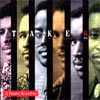
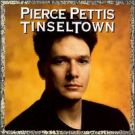 Pierce
Pettis
Pierce
Pettis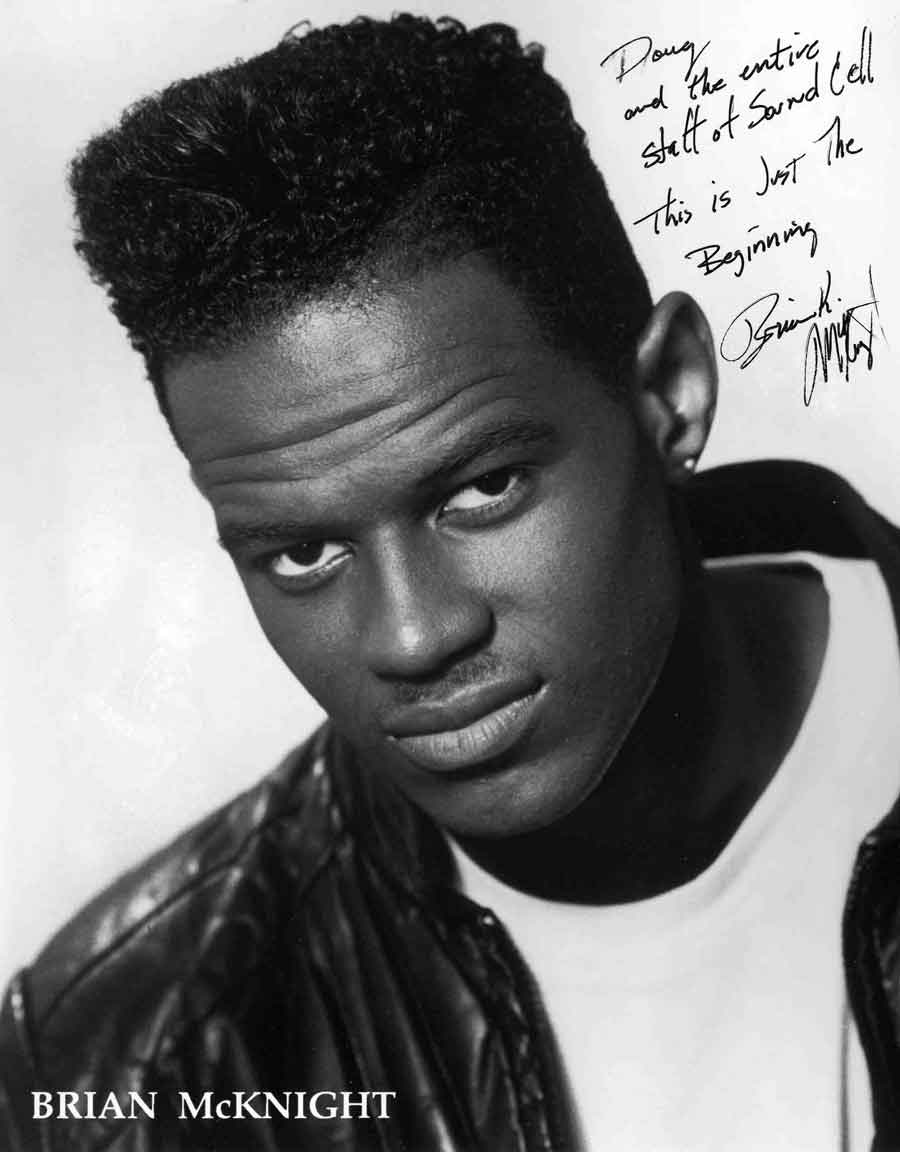
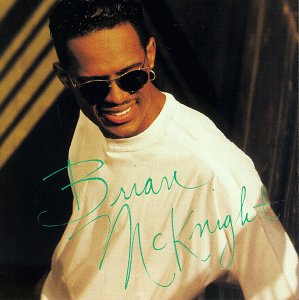 showed the first interest
in Brian on a demo, the Sound Cell team of writers
and musicians were contributing to Brian's career at full
showed the first interest
in Brian on a demo, the Sound Cell team of writers
and musicians were contributing to Brian's career at full